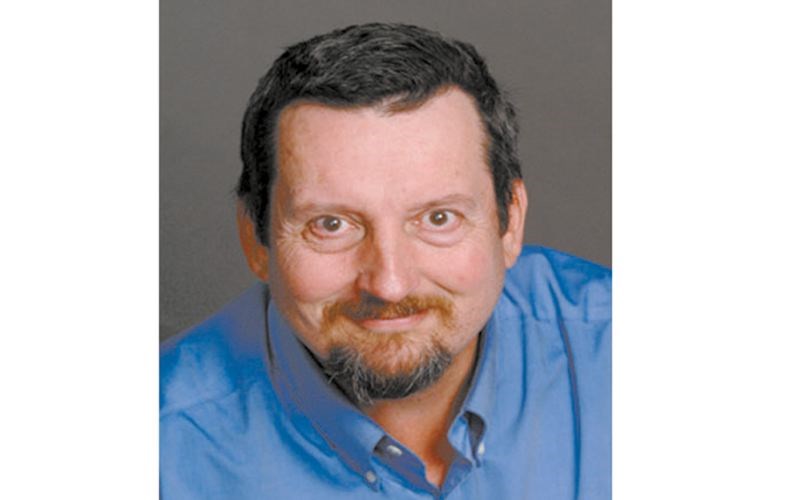The single biggest problem in communication is the illusion that it has taken place.
-- George Bernard Shaw
Communication is hard. It takes a lot of work. It involves both parties. And it is more than just words. It is for these reasons among others we often don't communicate effectively.
In the majority of cases, miscommunication is a consequence of accidents. Or perhaps misunderstandings might be a more apt term.
For example, every now and then I see signs on the boulevards in town advertising "Kids Good as New Sales."
I am sure the signs are about reselling kids' clothing but a literal reading would suggest the events are about selling kids!
Or the classic line "Let's eat, grampa" has a whole different meaning if the comma is removed. No one is really suggesting "Let's eat grampa."
The simple pause in the sentence makes all the difference in world.
This is perhaps why it is sometimes difficult to understand children - especially other people's children - as the subtle pauses often don't end up in the right places.
The result is the listener needs to spend more time thinking about what the speaker has to say.
Indeed, anyone speaking in public has to be aware of the cadence and inflection of their voice. Pauses can significantly change the meaning of what is being said. Putting the emphasis on the wrong part of the sentence can lead to confusion.
Of course, writing is a different question because much of our communication is lost with the written word. A joke on paper might fall flat because we are missing the visual clues telling us it was, in fact, a joke. The body language of the speaker, a slight laugh during delivery, or the inflection in the way a line is delivered can provide clues.
Comedians, like Jon Stewart and Stephen Colbert, have mastered the art of saying very serious things in a way which tells us they are meant to be funny. At the same time, what they say makes us think, especially when speaking about politics.
This brings us to the point of this bit of communication - politicians and how they communicate.
Good politicians, or the ones we perceive as good politicians, are great speakers.
Former U.S. president John F. Kennedy stirred the nation with his speeches. He called for putting a man on the moon by the end of the 1960s and the United States did.
During his inauguration speech, he redefined the American ideal by stating "ask not what your country can do for you, ask what you can do for your country."
Sure, the line was likely written by a very good script writer but without Kennedy's delivery, would it have become a great moment in history?
Or Martin Luther King Jr. declaring "I have a dream that one day this nation will rise up and live out the true meaning of its creed: 'We hold these truths to be self-evident, that all men are created equal.'"
The words are powerful, but listening to the rhythm of their delivery by Dr. King adds whole layers to their meaning.
Or consider former U.S. president Ronald Reagan standing at the Brandeburg Gate as he said "General Secretary Gorbachev, if you seek peace, if you seek prosperity for the Soviet Union and Eastern Europe, if you seek liberalization, come here to this gate. Mr. Gorbachev, open this gate. Mr. Gorbachev, tear down this wall!"
It is no wonder Reagan has been called the great communicator. It is pretty hard to not understand exactly what he was asking on that day.
This brings us to the present and Donald Trump.
For the most part, pundits have assumed he is some sort of buffoon. That he is politically nave or a dolt. And yet, his communications get talked about.
His brand gets disseminated. He dominates the nightly news - even when he shouldn't.
Did he accidently declare Detroit "titties?" Or was this a deliberate effort to shape the narrative so the news media would jump all over his latest gaffe and not spend the time analyzing his tax policies (which make no sense and misrepresentations the truth)? Is he totally in control of his communication or is he really just making it up as he goes along?
Did he really mean to suggest last week "second amendment folk" should use their weapons to assassinate Hillary Clinton if she is elected president?
It certainly sounded serious and yet the spin doctors tried to play it off as a joke.
Indeed, when given the chance to walk away from his comment that President Obama and then Secretary of State Hillary Clinton created the Islamic State, he stood by his comments and declared they were exactly what he meant.
No one is really sure what Trump is actually saying. It is scary to think he might not be sure either.



